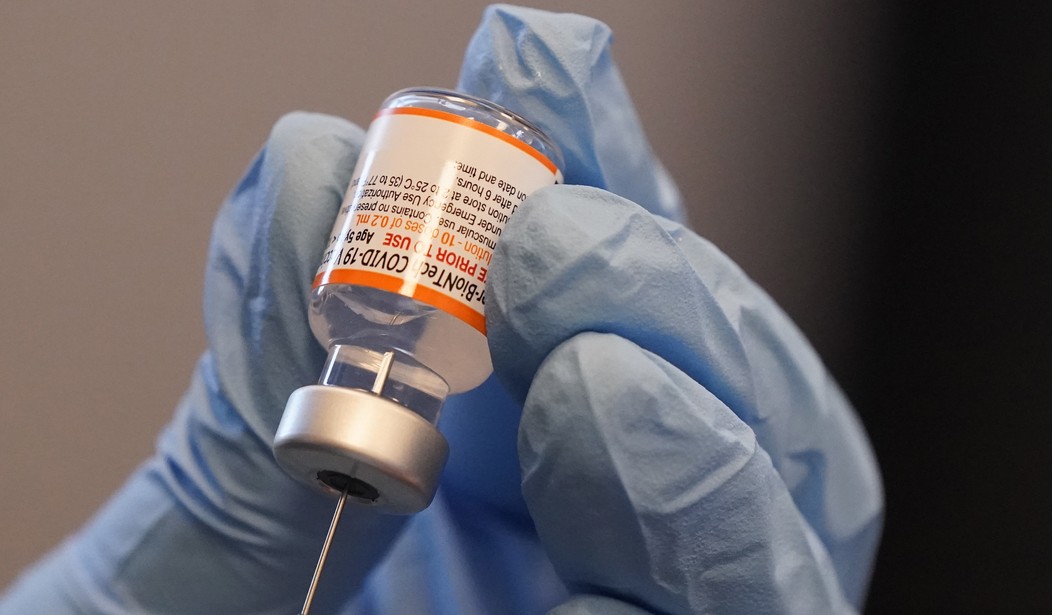We made significant progress in 2022 by advancing our pipeline and launching the world’s first Omicron BA.4/BA.5 adapted bivalent COVID-19 vaccine. In addition, multiple new modalities achieved encouraging clinical data and we progressed nine new programs into clinical trials.
As we look to 2023 and beyond, we plan to continue investing in our transformation with a focus on building commercial capabilities in oncology and working towards registrational trials. Our mid-term goal is to seek approval for multiple oncology products in cancer indications with high unmet medical need.
Meanwhile, the company’s CFO Jens Holstein also maintained that the results all pointed towards a positive data trend as they look to expand their products:
Our COVID-19 vaccine revenues, driven by the delivery of our Omicron-adapted bivalent vaccines, have ensured another strong financial performance in 2022. We believe that the Company’s financial success in 2022 will provide a springboard to accelerate and build upon our diversified clinical pipeline and fuel our research and development in the coming years.
The announced acquisition of InstaDeep and the recent license and collaboration agreement with OncoC4, which adds a clinical program to our existing portfolio aim to create future value for BioNTech mid- to long-term. We anticipate our COVID-19 franchise will further support our already existing financial strength in the years to come. As a science and innovation driven company, we plan to continue to invest heavily in R&D and are willing to invest in mergers and acquisitions as well as collaborations to create future growth for the Company.
As the world finally begins to move on from the pandemic, BioNTech is not the only pharmaceutical to predict a decline in demand for COVID-related products. In January, BioNTech’s partner Pfizer warned investors that it anticipates a 64 percent decrease in COVID vaccine sales and a 58 percent decrease in sales of its COVID antiviral medication, Paxlovid, over the course of this year.
Both Pfizer and BioNTech achieved global recognition after developing one of the earliest mRNA vaccines to be used as protection against the COVID-19 virus. However, their success has also led to intense scrutiny, with critics of the jabs arguing that it does not stop transmission of the virus and carries the risk of side effects such as heart inflammation, commonly known as myocarditis. Meanwhile, BioNTech now aims to expand its drug portfolio by using mRNA technology to address cancer and other deadly diseases.













Join the conversation as a VIP Member